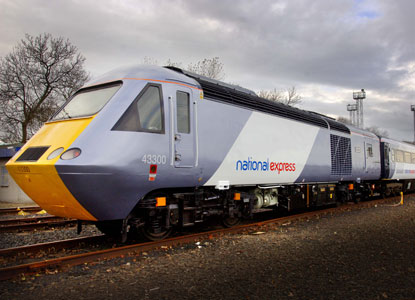By Richard Johnstone | 11 July 2011
The Department for Transport might have lost as much as £410m from the collapse of a £1.4bn rail contract, the Public Accounts Committee has found.

The PAC report into the government takeover of the intercity East Coast passenger rail franchise from National Express criticises the Dft for failing to undertake enough due diligence on bids for the franchise in 2007.
This included not examining if the bids would stand up to the impact of an economic downturn.
Operator National Express gave up the franchise in July 2009, blaming the recession. The DfT lost £330m–-£380m of expected revenue as a result.
PAC chair Margaret Hodge said that the government ‘took the right decision’ in taking over the franchise in November 2009 with its own Directly Operated Railways company. The line carries around 19 million passengers a year between London, the Northeast and Scotland.
The MPs’ report, Department for Transport: the intercity East Coast passenger rail franchise, found that National Express paid just £120m to walk away from the contract. The DfT lost £30m when turning down an earlier offer of £150m for a ‘no fault’ exit.
The department said it didn’t want to agree a mutual termination in order to send a warning to other companies, but the MPs say this was undermined by a later statement that the failure would not be held against National Express in future bids.
This allowed National Express to ‘get away scot free and with its reputation intact’, which could have future repercussions for the franchised passenger railway, Hodge said.
Contracts for franchises are competitively procured for seven to ten years between the DfT and a private train operating company. Companies bid for franchises on the basis of the subsidy they would require, or the premium they would be prepared to pay, to run services on a defined part of the rail network.
The rail companies are then responsible for any shortfalls, but Hodge added: ‘By its actions in this case, the department has potentially incentivised other holding companies with loss-making franchises to terminate, rather than renegotiate, their contracts. In future, the department must make clear to such companies that failure to deliver on their obligations will have serious lasting consequences.’
National Express is the only train operator to have abandoned a franchise due to the recession, and the committee says that it did not have ‘the resources or the inclination to fulfil the terms of its contract’ as it had accumulated more than £1bn in debt. This needed to be refinanced following the credit crunch, and the report recommends that the DfT should take greater care when assessing the financial strength of a company, specifically avoiding letting franchises to heavily indebted holding companies.





















